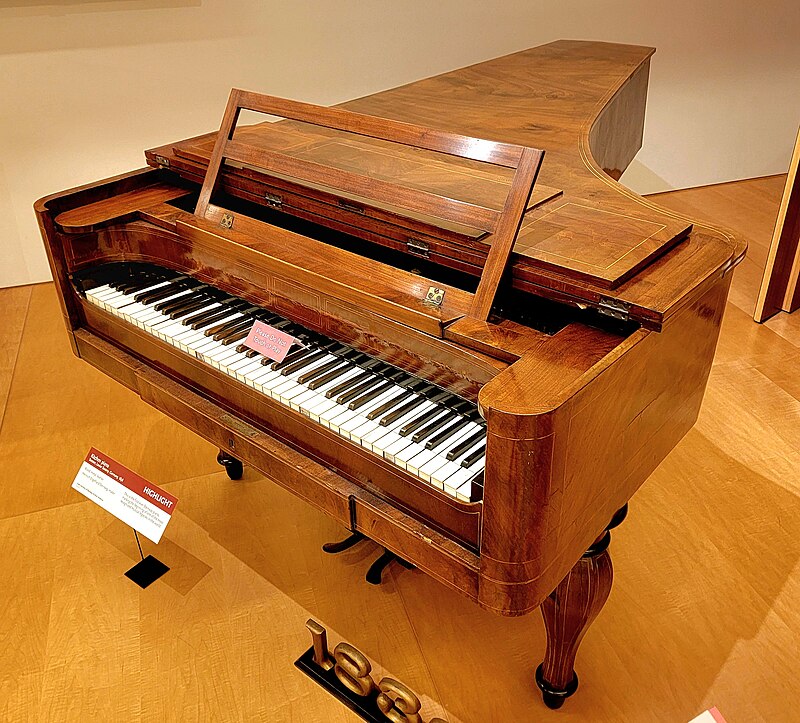On March 5, 1853, a German immigrant named Heinrich Engelhard Steinweg—later known as Henry E. Steinway—founded Steinway & Sons in Manhattan, New York. His goal, though ambitious, was elegantly simple: to craft the finest piano imaginable. What began as a modest workshop soon blossomed into one of the most esteemed piano manufacturers in the world.
Heinrich Engelhard Steinweg’s journey began in his native Germany, where he painstakingly built his first piano in his home. In 1850, driven by a thirst for greater opportunities, he emigrated to the United States, carrying with him years of craftsmanship and an unwavering quest for perfection. Three years later, he established Steinway & Sons in a modest loft at 85 Varick Street. The first piano built under Steinway’s name wasn’t his first—it was number 483, as he had already crafted 482 pianos in Germany. That instrument sold for $500, and the Steinway legacy took root.
Steinway & Sons rapidly gained a reputation for quality and innovation. By the late 19th century, the company had secured numerous patents, revolutionizing piano construction with sound quality, durability, and mechanics advancements. Their craftsmanship was acknowledged locally and internationally, earning over 30 gold medals in exhibitions worldwide.
As demand grew, Steinway expanded. In 1864, the company moved to a larger facility and later built a second factory in Hamburg, Germany, to serve European markets. This dual production system continues today, with the New York factory supplying the Americas and the Hamburg factory covering the rest of the world. Steinway pianos became the preferred choice of world-renowned pianists, from Sergei Rachmaninoff to Billy Joel. The company even established Steinway Hall in 1866, a premier concert venue in New York City that housed the New York Philharmonic for over 25 years.
During World War II, Steinway demonstrated its commitment to the war effort by producing Victory Vertical pianos, compact instruments designed for soldiers in the field. These pianos dropped into combat zones and provided troops with a much-needed source of comfort and entertainment, highlighting the company’s adaptability and social responsibility.
Over 170 years after its founding, Steinway & Sons remains a benchmark of piano excellence. Its pianos continue to be handcrafted with the same meticulous attention to detail that defined Henry Steinway’s original vision.

